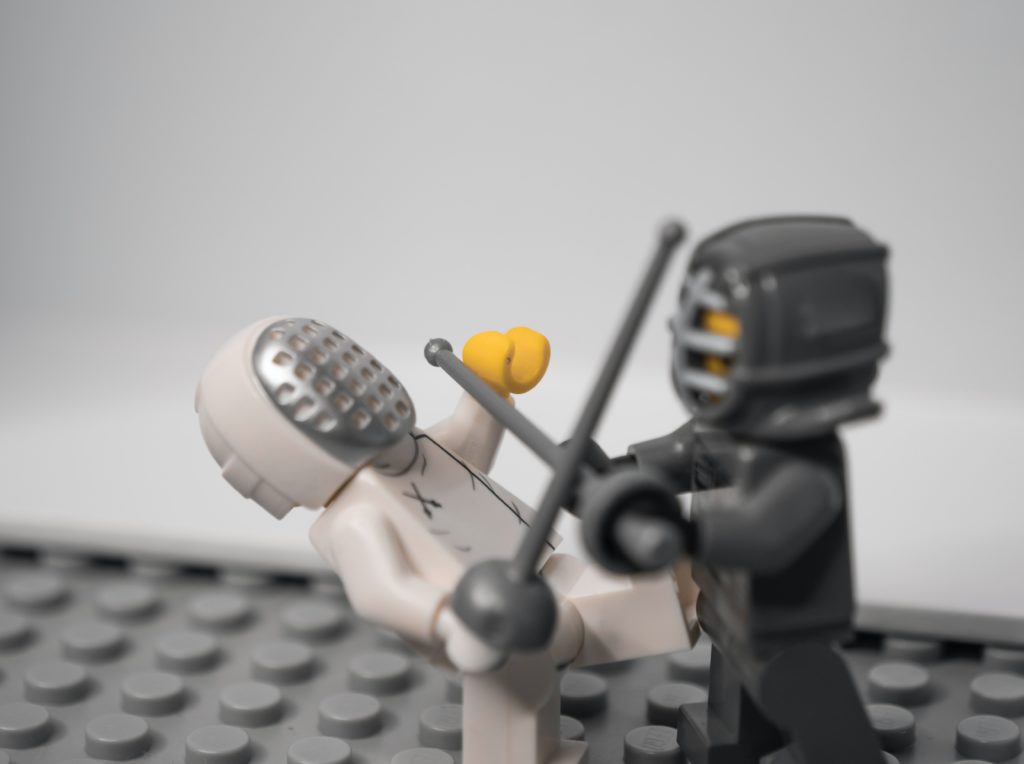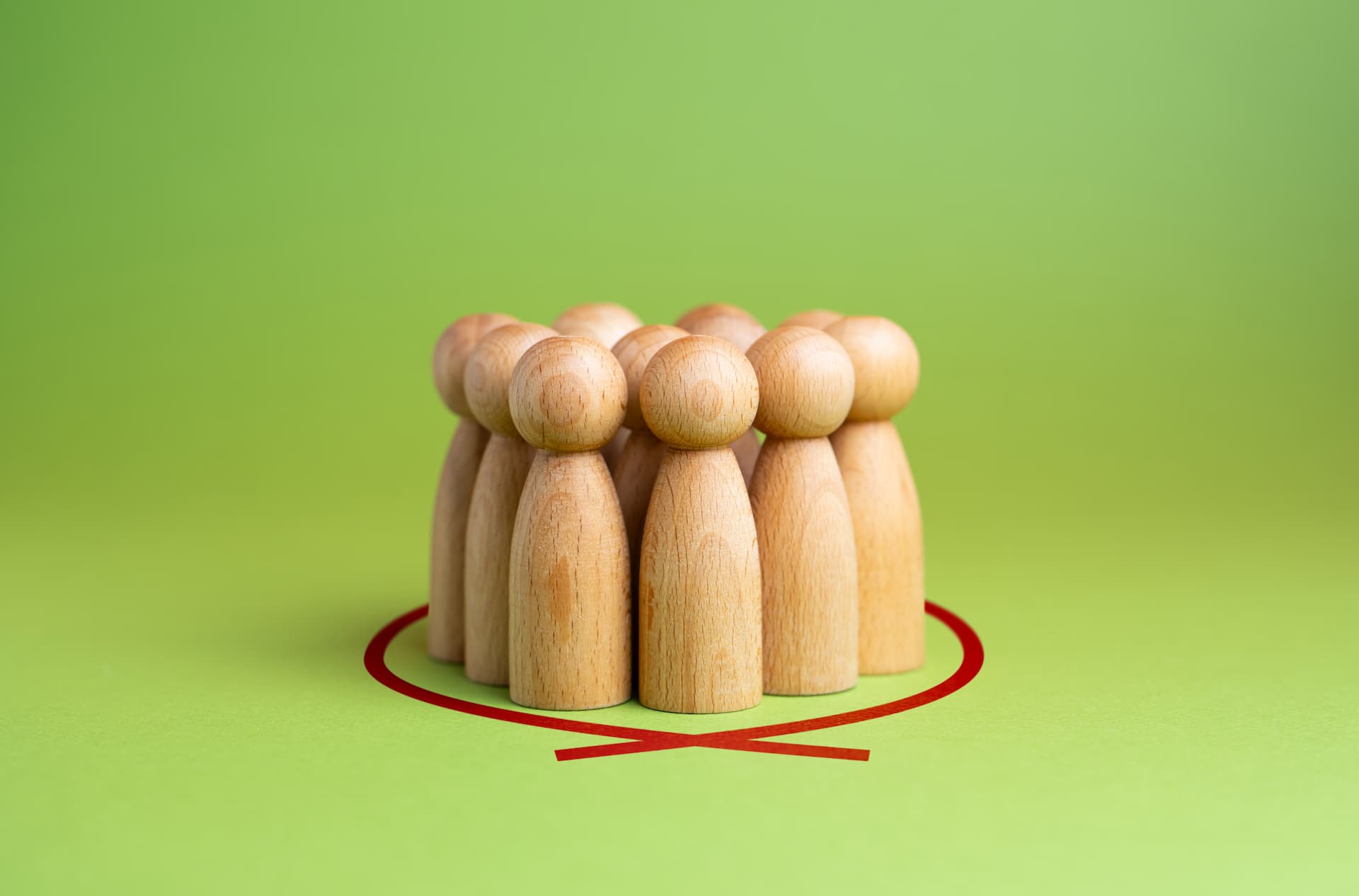“The largest part of what we call ‘personality’ is determined by how we’ve opted to defend ourselves against anxiety and sadness.”
Alain de Botton
We all have them – fears and insecurities – that if left unchecked cause us to do things that feel right, but are detrimental to our effectiveness, long-term success, and relationships.
We can call these fears and insecurities saboteurs. At least that is what Shirzad Chamine calls them.
Shirzad Chamine is a positive intelligence expert, and he has developed a really helpful framework and assessment to help us better awaken to and understand our fears and insecurities.

I think his framework and assessment can help people better understand the negative mindsets that they have and why they have them.
Click here to take his assessment and identify what your primary saboteurs are: Saboteur Assessment
What is a Saboteur?
Whether we realize it or not, we are in persistent conflict with ourselves. This conflict is between our ideal, exploratory self and our fearful, protective self.
According to Shirzad, the side of us that is fearful and self-protective are our saboteurs, which are “negative thought habits and patterns that live deep in our unconscious and derail our performance and happiness.” These saboteurs are not interested in advancement, effectiveness, or making a positive impact. They are only interested in being right.

Our saboteurs are generally formed in our early childhood. Shirzad states that “they start off as our guardians to help us survive the real and imagined threats to our physical and emotional safety.”
Shirzad’s definition of our sabateurs is similar to how I typically define mindsets. Thus, I think that Shirzad’s approach to looking at our saboteurs is something that can deepen our understanding and self-awareness of our mindsets.
The Judge

Shirzad calls the fearful, self-protective side of ourselves, the “judge.” The judge is the voice in our head that operates by finding fault with ourselves, others, and our circumstances.
(In fact, as you read this, what does your judge focus on the most out of those three things?)
- A judge focused on ourselves is hyper-sensitive to one’s own past mistakes and shortcomings.
- A judge focused on others is hyper-sensitive to others’ shortcomings.
- A just focused on our circumstances is hypersensitive to problems or likelihood for failure without seeing the opportunities within.
The judge tends to have some defining characteristics that include:
- It always finds fault
- It latches on and doesn’t let go
- It tells you what “should” be instead of what is (prevents you from being mindful)
The Saboteurs
The “Judge” in us operates in a way that is unique to us. Shirzad has identified nine saboteurs, and there are certainly a few that are wreaking greater havoc on your life than others.
Click here to identify what your primary saboteurs are: Saboteur Assessment
These saboteurs include:
- The Stickler – High need for perfection, order, and organization
- The Pleaser – High need for acceptance by constantly helping, pleasing, and rescuing others
- The Hyper-Achiever – High need for constant performance and achievement for self-validation
- The Victim – High need to feel that bad things always happen to us and use our “poor me” message to gain attention
- The Hyper-Rational – High need to have an intense and exclusive focus on the rational and analytical aspects of everything, including relationships
- The Hyper-Vigilant – High need to feel intense anxiety about all the dangers and uncertainty surrounding us
- The Restless – High need to constantly be in search of greater excitement through perpetual business
- The Controller – High need to take charge and control situations and other people
- The Avoider – High need to avoid difficult and unpleasant tasks and conflicts
Overcoming Our Saboteurs
Our saboteurs are very justifiable, and they often feel like the “right way.” But, if left unchecked, they will cause us to be less than who we want to be.
So, how do we corral our saboteurs so they don’t wreak havoc?
It is helpful to know that we have another side of ourselves, a side Shirzad calls the “Sage.”
While the Judge is impulsive and self-protecting, the Sage is where wisdom, creativity, and compassion lies.
So, what we have got to do is turn down the Judge and turn up the Sage.

Turning Down the Judge
To do this, we need to know how our judge operates. We need to know our primary saboteurs. This allows us to see that our Judge isn’t who we are, it is just a voice that we can intercept and expose. Shirzad suggests that we shouldn’t fight with this voice, but to label it as a thought we can let go of.
Turning Up the Sage
The Sage’s perspective generally is: “any problem you are facing is either already a gift and opportunity or could be actively turned into one.” Our Saboteur generally mocks this perspective, leaving us feeling anxious, frustrated, disappointed, stressed, or guilty.
Thus to “turn up” our sage, we have got to strengthen our mindfulness or “positive intelligence” brain muscles.
In the moments we feel our Saboteurs start to lift their ugly heads, we should see those as invitations to slow down and connect with ourselves. We can do this by taking deep breaths, looking at what we typically look through (see ourselves from a second-party perspective), check our posture, etc.
Benefits
For me, Shirzad’s framework and assessment have helped me deepen my self-awareness. While it has exposed some things I don’t like about myself, I now feel more empowered to become more of the person I want to be. I hope it does the same for you.
Again, click here to take your Saboteur Assessment










